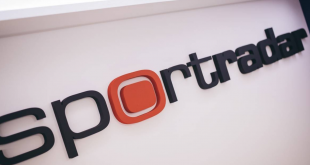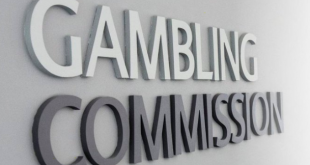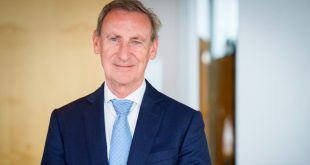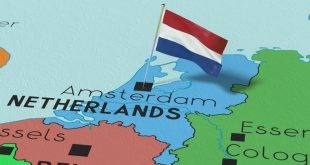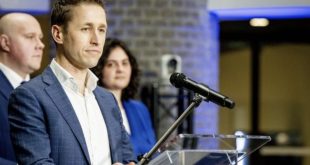After a period of rapid growth following the KOA Act enactment last year, the Dutch market has begun to stabilise and mature, according to the Dutch Gaming Authority, Kansspelautoriteit (KSA).
In an update published today, the KSA stated that total revenue from January to July 2022 stood at €569.7m, whilst Q1 revenues were recorded at €240m and Q2 at €246m.
Additionally, based on the monthly average revenue remaining ‘stable’ at €81.4m, the KSA expects a continued growth trend of 13% to 15%, depending on sports schedules.
Licencing – regulated market on track
When the KOA Act was first implemented on 1 October 2021, the total number of licenced operators in the Netherlands was 10, with some prominent operators such as Betsson LeoVegas awaiting re-licencing under the new regime.
Over the past year, the KSA has issued a total of 22 ‘permits’ covering sports betting, horse racing and online casino to a total of 14 operators, with the authority predicting that ‘the number of licence holders is likely to increase’.
There still remains a threat to the regulated sector from unlicensed, illegal operators, however. A report from the Netherlands Online Gambling Association (NOGA) was cited by the KSA in support of this.
Specifically, the report found that 15% of players responded saying they had played with an illegal player, although the vast majority (85%) ‘played exclusively with legal providers’ – the channelization rate at this time, according to the KSA, was also 85%.
This appears to demonstrate the KSA’s objective of channelling players towards legal gamlbing providers, with greater social responsibility provisions and legal oversight, away from unlicensed sites, is on track.
Advertising – a looming clampdown
Central to this channelisation strategy – as René Jansen, KSA Chairman, has previously asserted – is advertising and sponsorship, something which some Dutch authorities have highlighted as a cause for concern.
The KSA noted that the average spend per provider on advertising has ‘decreased significantly’, dropping from an average of €890,000 per operator in November 2021 to €319,000 in August 2022.
Whilst spending on TV advertising has varied month by month, the KSA noted that there has been ‘no noticeable trend’ in TV advertising spend by online gaming providers.
There has, however, been a ‘clear increase’ in the number of sponsorship agreements between online gambling firms and Dutch sports clubs and organisations, according to the KSA’s report.
This has not gone unnoticed by political authorities. Under plans by Minister for Legal Protection Franc Weerwind, sports sponsorships for online games of chance and ‘untargeted advertising’ of these products will be banned by the end of 2025 and 1 January 2023 respectively.
“In view of the announced ban on sponsorship, it is striking that this mostly concerns long-term contracts,” the KSA stated on the proposed ban.
“Also at the lower levels of football (both in the Kitchen Champion Division and in amateur football) and in other sports, many sponsors concluded sponsor agreements.
“Online gambling providers are also active with sponsoring football stadiums, events and concert halls, among other things.”
Lastly, regarding social media advertising, the KSA cited data from Nielsen showing that lotteries ‘are responsible for the vast majority of advertising on these platforms’.
Player behaviour
Combating gambling addiction has been highlighted as a key goal by the KSA, in tandem with clamping down on illegal online operators, referring to a IPSOS study into problem gambling behaviour.
The study found that 40% of players in 2022 said they had lied about gambling or chased losses, an increase on the 2021 figure of 37%, whilst 15% said they had done both – the same as the previous year.
Additionally, the number of registrants on the Central Register Exclusion of Chance Games (CRUKS) platform is also ‘steadily increasing’, with 20,000 self-excluding via the system as of August.
Moving forward, the KSA has entered into discussions with eleven representatives from operators which have been active for at least six months, examining firms’ ‘expertise and the way in which they fulfil their role’ on social responsibility.



